Photo News

- NEWS CENTER
- Photo News
International Symposium Held on Major Countries’ Policies in Climate Change and Green Tech & Korea’s Opportunities
Create Date : 2015-11-12 Views : 1336
International Symposium Held on Major Countries’ Policies in Climate Change and Green Tech & Korea’s Opportunities

The Green Technology Center (president Sung Chang-Mo) held the Green Technology Center International Symposium under the theme of “Korea’s opportunities in response to major countries” on November 12, Thursday at Somersetpalace in Jongno, Seoul.
At the symposium, experts from the US, Germany and Japan presented on climate change and green technology policies, and major cases by different countries, and experts from academia and related organizations discussed on how Korea must respond to climate change policies of major countries. The symposium was divided into three sessions, chaired by Professor Kim Hee-Jip from SNU, Dr. Jang Jin-Gyu from the GTC and Professor Kang Sung-Jin from Korea University.

In the first session, Dr. John Byrne from Delaware University delivered a presentation on Policies and Prospects of the US on Climate Change and Green Technology, covering the policies and major issues in climate change and green technology in the US and its ramification to Korea. What was notable was the analysis on differences and changes of US climate change response policies for the last 20 years.
The second session consisted of the presentations on policy directions and prospects on climate change and green technology policies of Germany, Japan and Korea. Dr. Manfred Fischedick, who is vice-president of Wuppertal Institute in Germany, shared his expertise on overall climate change response policies of EU, best practices and experience of Germany in energy transition and response of Korea from the viewpoint of developed countries. What attracted participants’ attention the most was the analysis of climate change response policies by different regions (Munich, Frankfurt, Freiburg, etc), and how to achieve system innovations on a national level.
Mr. Park Hwan-Il, head of the Policy Research Department of the GTC introduced overall green technology policies in Korea after 2008 and climate change response measures of Korea. The presentation was followed by the discussion together with panels from many countries on response measures of Korea. In particular, there was an analysis on major countries’ policies such as the US, China and EU, and response strategy of Korea, including technology transfer, global green R&D cooperation and green policy research system.
The final presenter of the second session, Dr. Yarime Masaru from the Public Policy Graduate School of Tokyo University introduced diverse types of cooperation between Japan and major countries, INDC strategy of Japan, Japan’s efforts in reducing greenhouse gas, and green technology and climate change policies, together with many cases. In particular, detailed strategies for the INDC goals by the section, such as steel, chemical, paper manufacture garnered the attention of participants.
In the third session on “Korea’s Opportunities – Globalization and Cooperation in Green Technology and Industry,” profound discussion among experts from the US, Germany, Japan and Korea was conducted on policies, current status and analysis on a global level. It was an opportunity to discuss the impact of changes in international policy landscape to Korea, following risks and opportunities, and cooperation scheme.
The symposium spurred in-depth academic discussion among key experts in climate change and green technology in the US, Germany, Japan and Korea, and it was considered as a meaningful occasion where participants jointly discussed on sustainable climate change policies and green technology strategies.
-
News
Center for
Strategic Planning
-
- Personnel in chargeYu Youngjae
youngjaeyu@nigt.re.kr
- Personnel in chargeYu Youngjae
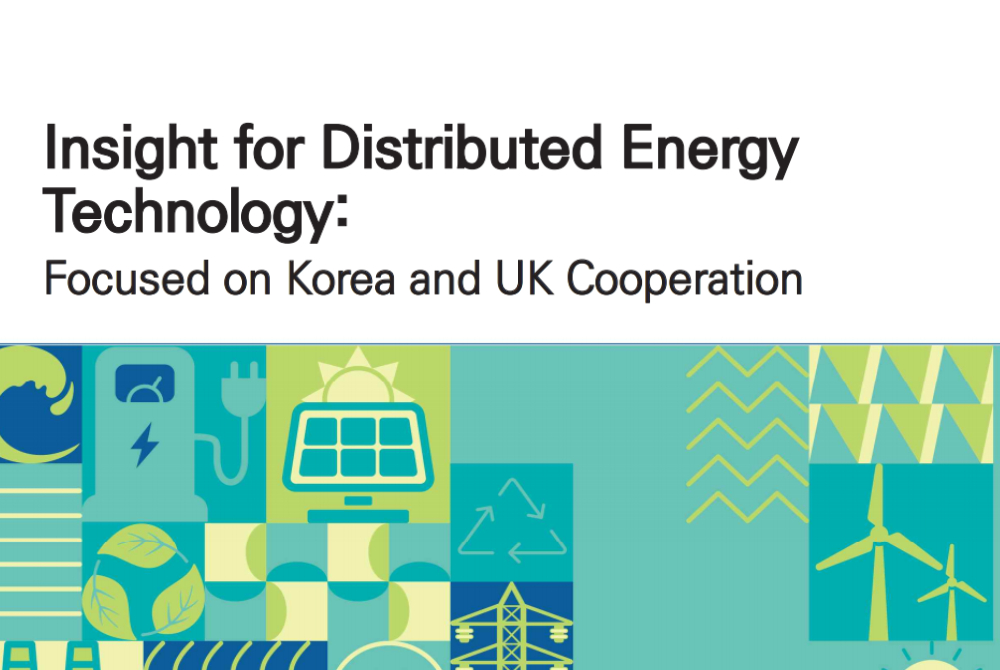
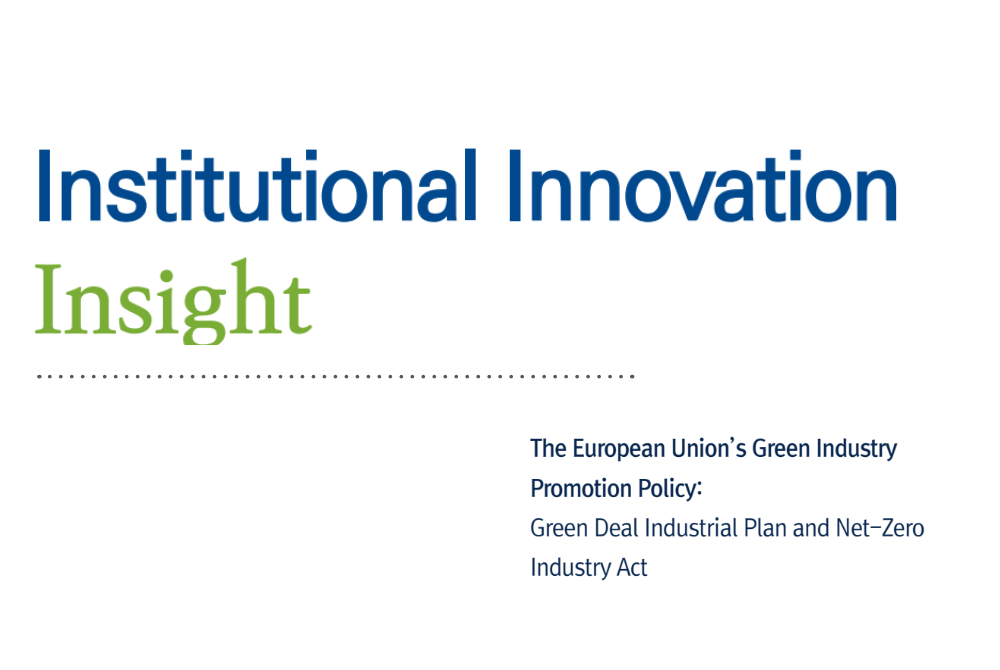
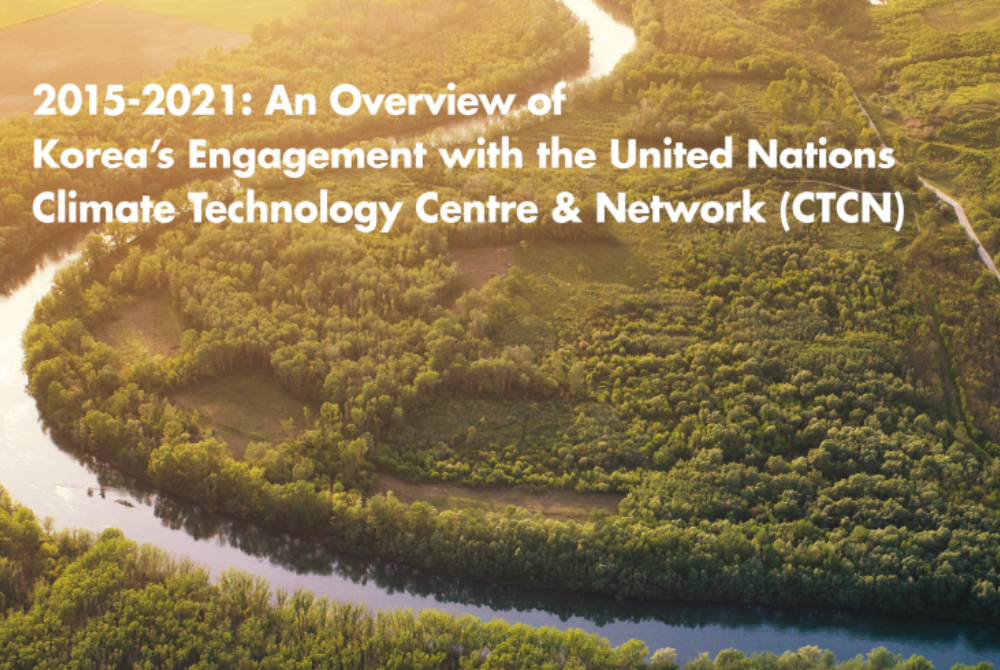
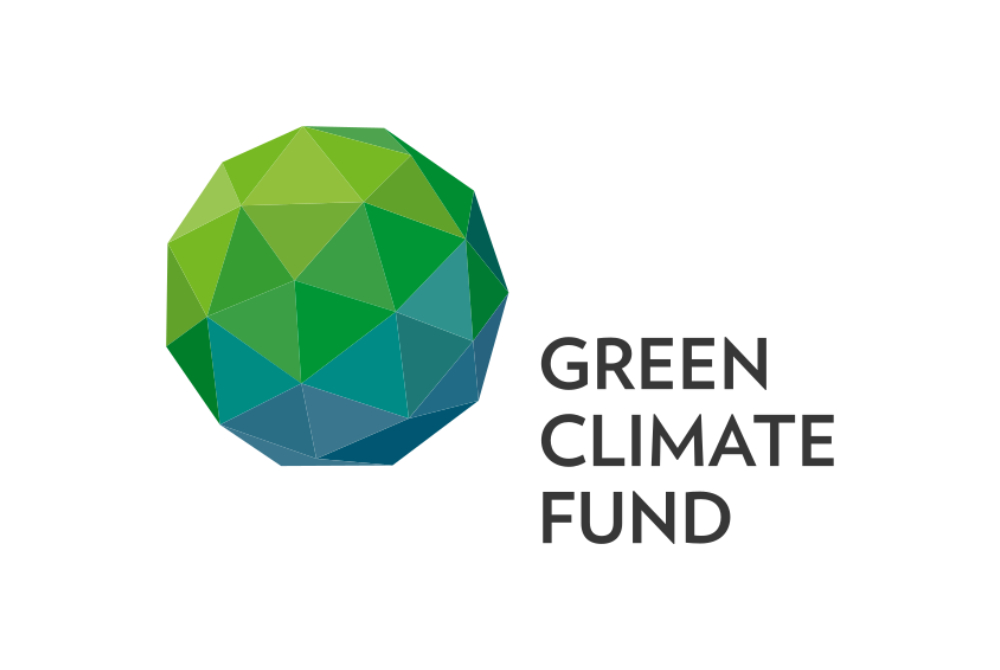
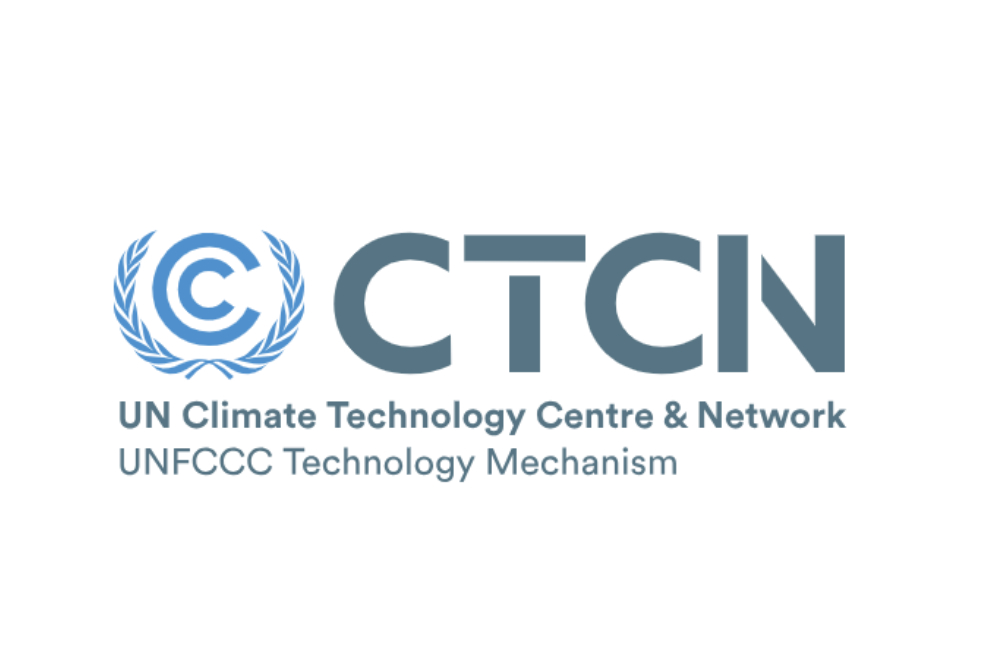
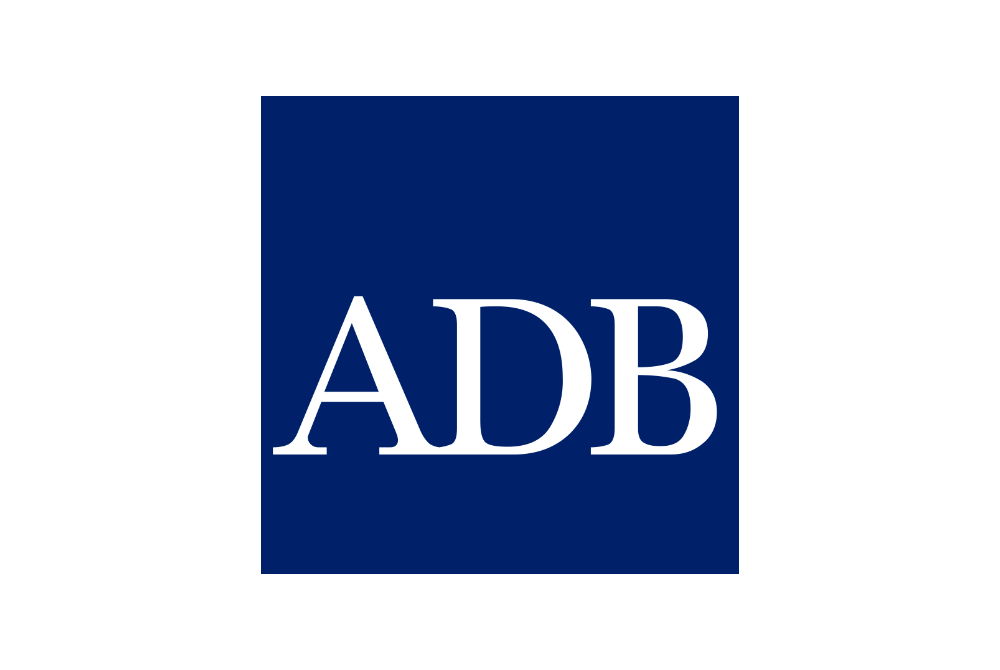
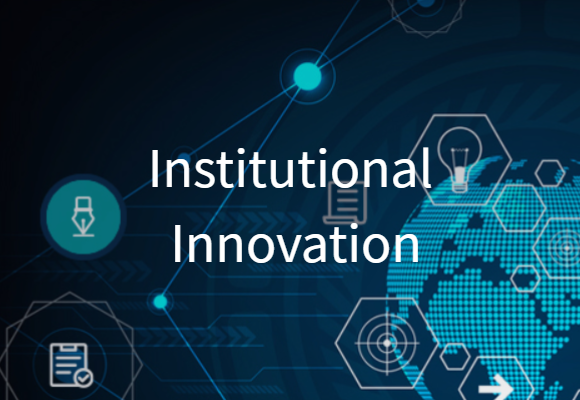





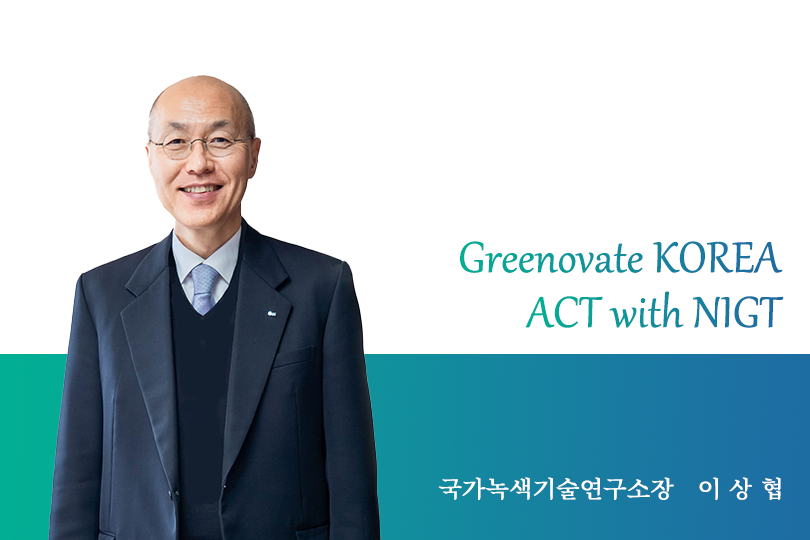
_240425.png)









